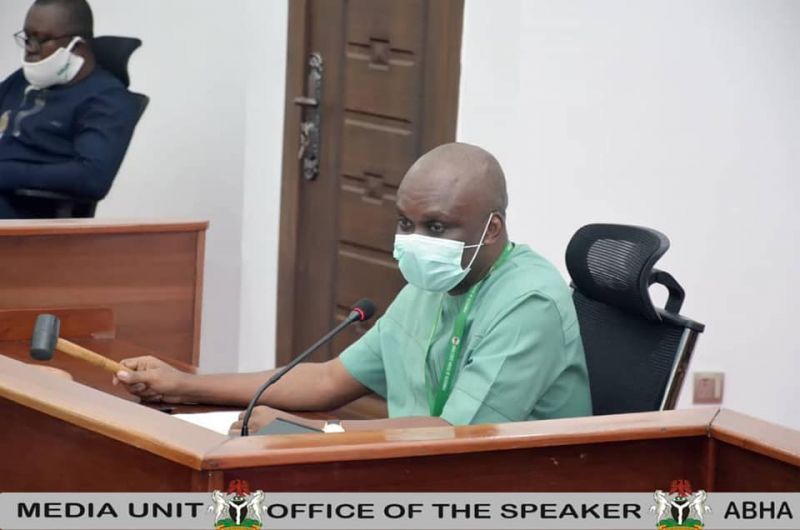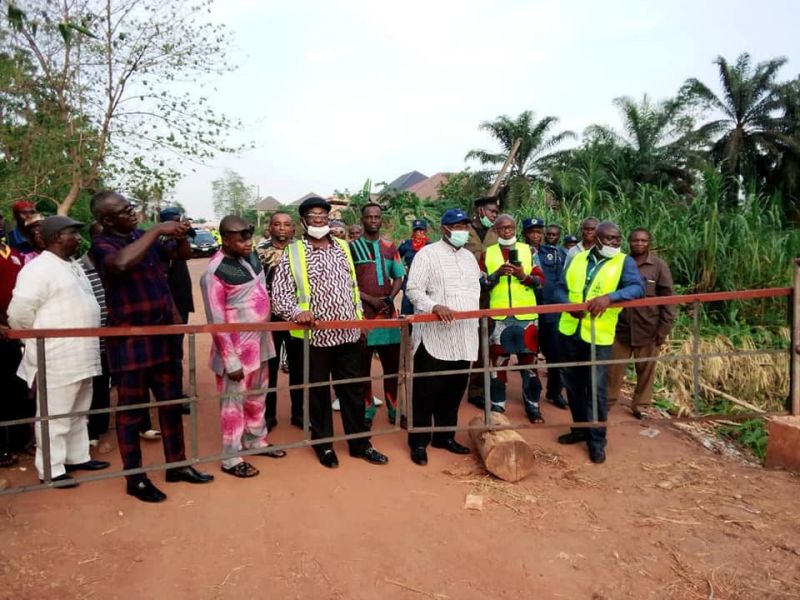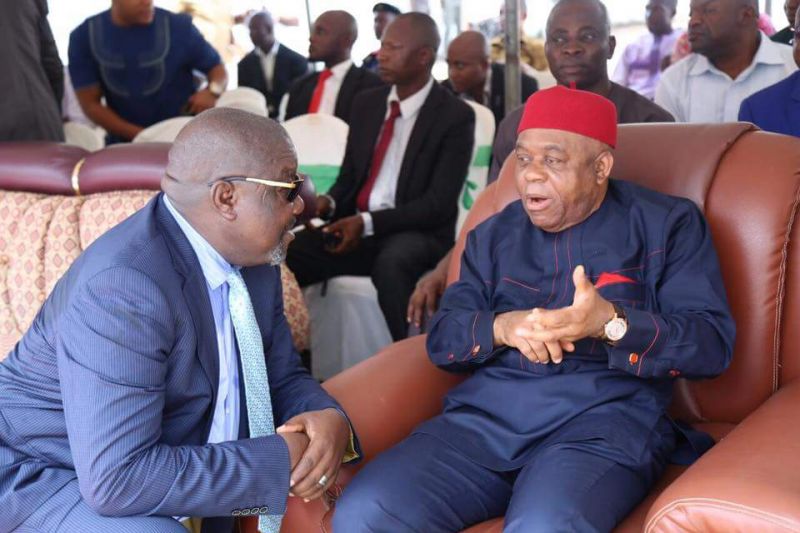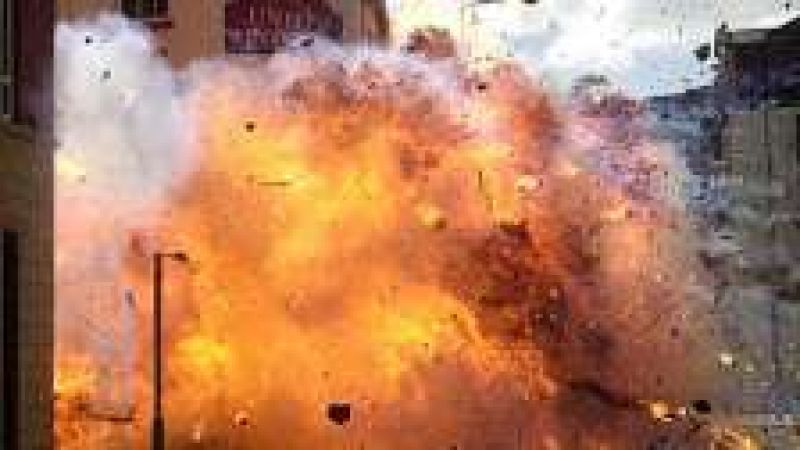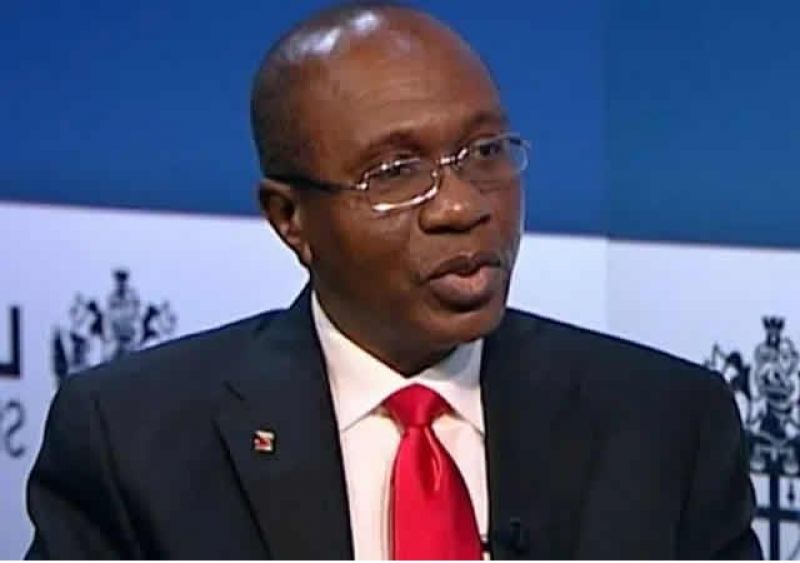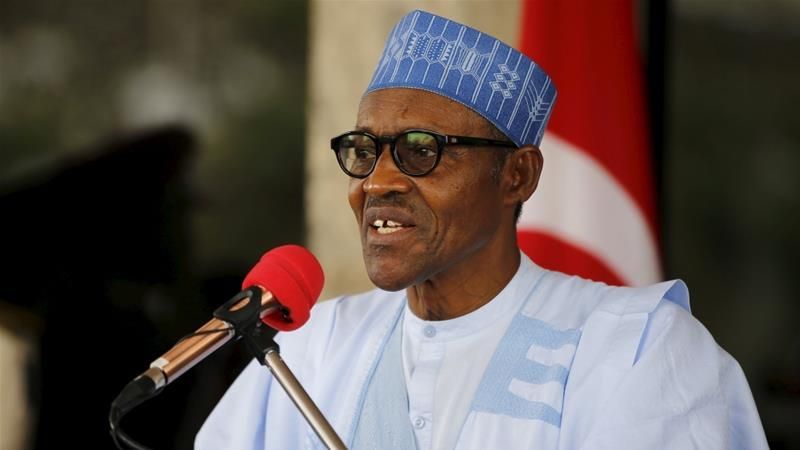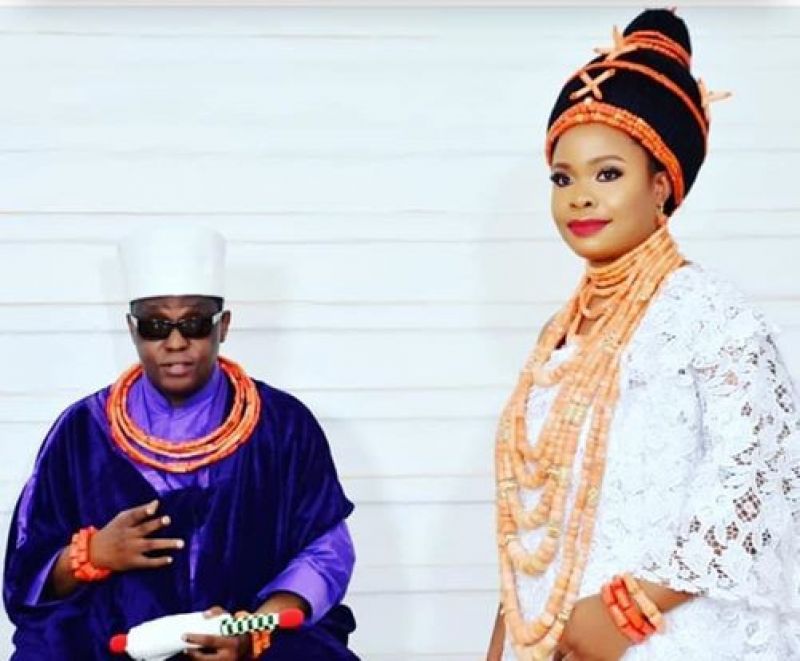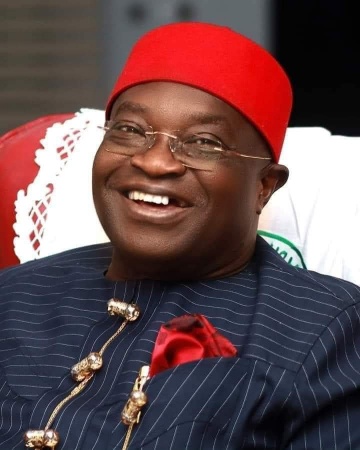South Africa’s Intrasigence Strains Relations with Nigeria
Posted by Maureen Chigbo | 10 years ago | 3,943 times
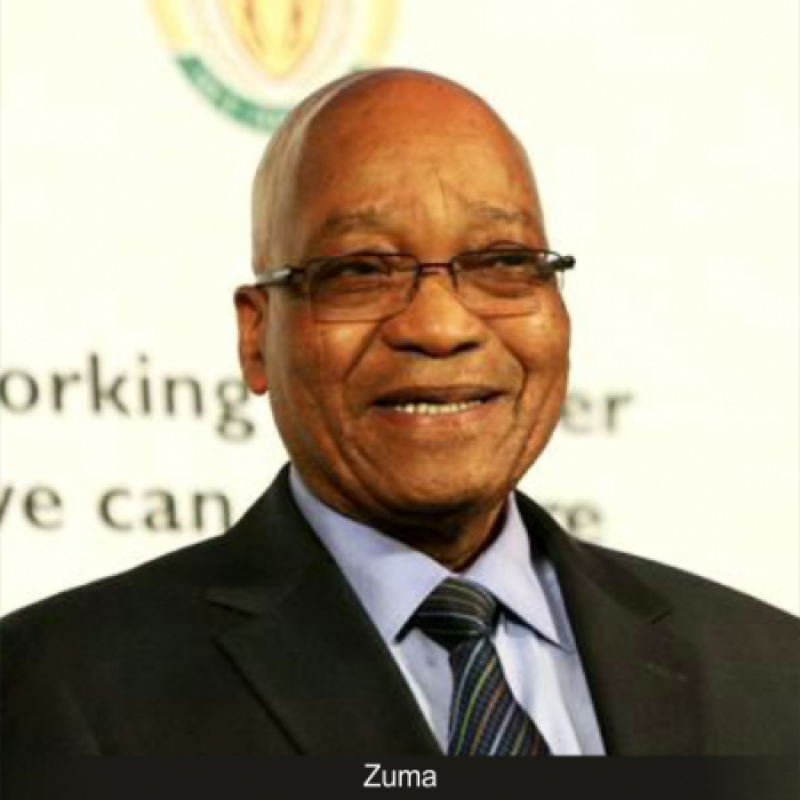
The seizure of the money the Nigerian government slated for the purchase of arms by the South African authorities has strained relations between the two countries and could have unintended consequences on business enterprises
THESE are not the best of time for relations between Nigeria and South, both arch rivals for leadership position in the African continent. Since September 12, the South African government has been angry with Nigeria over the shoddy handling of the rescue operation at the collapsed guest House at the Synagogue Church of All Nations owned by T.B Joshua its founder, where more than 80 South Africans died. Shortly after, the news broke that South Africa had seized $9.3 million meant for the purchase of arms. A shocked Nigerian government did not have immediate answer to the outcry which reverberated in the country when the money was revealed to have been ferried to South Africa through a private aircraft owned by Ayo Oritsejafor, a pentecostal pastor and president of the Christian Association of Nigeria, CAN.
Three weeks after, another $5.7 million also meant for arms was again confiscated by South African authorities. Again, the seizure generated a lot of criticisms in the country. This time the federal government promptly claimed the money was for the purchase of arms at the black market and the company the money was meant for was returning it to the country because its license had expired. Certainly, there was more than meets the eye in a transaction that was supposed to be a secret affair between two governments. Tongues have been wagging as to what could have necessitated the action from South Africa.
Many theories abound ranging from the simplistic to the unimaginable. And they are all enmeshed with traces of disinformation or misinformation and outright propaganda – all trademarks of people involved in spy craft or intelligence issues. What immediately calls to mind is that South Africa’s action is a protest against the victims of the SCOAN building collapse who were mostly its nationals. Until Jacob Zuma said that the number of death was 67, government officials in Nigeria appeared to downplay the number of the death and adjusted it upwards after Zuma spoke. Also, until South Africans threatened to sue Joshua, the Lagos state government which abandoned the investigation into the case did a U-turn and set up a coroner’s inquest into the incident.
Even though this theory appear facile but it leads to a more plausible one that South Africa could be up against Nigeria because it had sympathy with the opposition party. This notion could also fly in the face of the fact that Lagos State where the SCOAN incident happened is an enclave of the opposition – All Progressives Congress APC, party. But Realnews found out that Atiku Abubakar, former vice president and presidential aspirant on the APC platform is a very close friend of the South African president. Given that the opposition is doing everything possible to tarnish the image of the incumbent President Goodluck Jonathan and the Peoples Democratic Party, PDP, it is argued that Zuma could be taken his brief from Abubakar to expose the money-for-arms deal which was supposed to have been done in secret in intelligence service.
Closely allied to this is the fact that some rogues elements in the intelligence unit of South African security apparatus for whatever reasons best known to them could be just blowing the whistle just for the heck of it to embarrass the Nigerian government. “ Anya O. Anya, a professor and a delegate in the national conference, does not think that APC as a party will go to that extent but there could be elements in the political establishments which include APC who could do it.
The third most worrisome theory is the information that some aggrieved traditional allies of Nigeria especially America are not very happy with the Jonathan administration. The Americans are said to be working with other international partners to stop Nigeria from procuring arms from the international market so as to weaken the country’s military and ensure it does not have effective and efficient weapon to fight the insurgents. The American’s are doing this in the belief that the Boko Haram insurgency will escalate and derail the 2015 elections and heighten the tempo of crisis in the country. The escalation of conflict in the country will especially please the United States whose citizen John Campbell in 2005 said that Nigeria will break up in 2015. Nigerian intellectuals are of the belief that once somebody took a decision and a position on a recommendation, there is the tendency for that person to do everything possible to actualise that position or decision as the case maybe. Hence, it is possible that those who predicted the break- up of Nigeria are assiduously working to actualise it by fair or foul means.
This is the reason some political analysts cite Terence McCulley, former American Ambassador to Nigeria, as one of those who could be working to escalate the conflict and prevent Nigeria from procuring the necessary arm to decisively deal with the Boko Haram insurgency. McCulley is said to be one of the people behind the Africa Crisis Response Initiative, ACRI, which sought to undermine Nigeria’s involvement in ECOMOG and also AFRICOM which Nigeria resisted during the Obasanjo regime. McCulley is believed to be working behind the scene to ensure that report of the United States National Intelligence Council on the possible break up of Nigeria comes to pass. Those who believe in this theory readily cite the Wikileaks report which identified the US embassy in Nigeria as a forward operating base for wide and far reaching acts of subversion against Nigeria which include but not limited to eavesdropping on Nigerian government communication, financial espionage on leading Nigerians, support and funding of subversive groups and insurgents, sponsoring of divisive propaganda among the disparate groups of Nigeria and the use of visa blackmail to induce and coerce high ranking Nigerians into acting in favor of US interests.
The allegation that US and South Africa were working together to destabilise Nigeria founds a home in the minds of the minders of the Global Prolife Alliance, GPA, Council who also finger, Bill Gates, American billionaire as one of those involved in the conspiracy against Nigeria. Gates is seen by GPA as a major foreign sponsor of the Boko Haram insurgency in Nigeria’s North East region.
Philip Njemanze, chairman of the GPA, alleged that Gates was sponsoring the insurgency in the region using their biotechnology companies. The major aim of the insurgency was to capture the food security of Nigeria and control Africa’s largest nation by population and economy. He said this could be achieved by fighting to displace the indigenous farmers in the country and replace them with genetically modified organisms, GMOs, corporate farms in the North East, the food basket belt of Nigeria.
With this strategy, he said that such staple food as rice, cassava, maize, sorghum, millet would be replaced by Gates variants, thereby effectively surrendering the food security for the more than 170 million Nigerians to them. “The volume production of these GMOs crops will come at lower prices than that of the organic food grown elsewhere in Nigeria and they will price out of the market the conventional organic foods, leaving the Gates crops as the dominant crops for food in Nigeria”.
Njemanze also raised an alarm about the high technology approaches used by Gates in executing the terrorism plan. According to Njemanze, Boko Haram was only used as a cover-up in the terrorism attacks and the actual perpetrators were hired assassins and mercenaries by the Blackwater, an American company in which Gates has an interest. According to him, Gates’ recent interview in Daily Trust: “Bill Gates Foundation was carrying out satellite Remote Sensing of the North East area to study migration patterns of people” clearly supported the assertion of Global Prolife Alliance, adding that what that statement meant was that the Satellite images against the Nigerian law were being used as espionage in the state of emergency to identify military installations and how to evade and attack them. He also attacked the electronic wallets (cell phones) given to farmers by Bill Gates through the federal ministry of agriculture to provide the farmers with agro-credits for fertiliser and GMO crops, describing it as wallets of death.
According to him, the offer was made and accepted in total disregard of the evidence presented by the United States Department of Agriculture, USDA, that GMOs do not increase crop yields, but rather may lead to decrease in overall crop production, damage to fertile grounds. There are also health risks associated with GMO such as cancer and other debilitating diseases. With the cell phones which have Global Positioning System, GPS, device, Njemanze said, the position of every farmer would be known to the Boko Haram insurgents, who he said use satellite images to know the location of the Joint Task Force, JTF, and then use the cell phones to track down the farmers. The group called on the federal government of Nigeria to investigate Gates activities in Nigeria and not to sweep the allegations under the carpets because they had very strong evidence to support their claims.
Some Nigerians may not believe Njemanze’s postulations totally. But they point out that the actions of the United States on Nigeria in recent times have not been very friendly, citing President Obama’s recent visit to West Africa during which he sidelined Nigeria much to the annoyance of the people. Anya, who is also a member of the planning committee for the national conference in Abuja agrees that he does not like the facile explanation about Americans wanting to destabilise Nigeria, stressing that government to government relations is a serious business. But he also noted that there has been a shift in America’s decision on Nigeria which are not friendly to the government of Jonathan. There are countries that are more corrupt than Nigeria and America’s disposition to them is friendly, he said, adding that Nigerian should define whether America is still a friend and know why.
Similarly, Frank Odita, former commissioner of police and a security consultant, said “the allegations against US is not founded on any meaniful evidence. There is nothing concrete… I was in Pentagon recently and no such discussion cropped up. We discussed how to keep Nigeria united.” He said that Nigeria is a big market and nobody wants to destroy it. “All those allegations are just stories. The best thing is for Nigerians to come to decide what they want. I have been around for 75 years and I have seen the best and worse. It can get better not worse. The problem is that we don’t listen to early warning,” Odita said.
Nonetheless, the American government has denied the allegations describing it as untrue. “I disagree completely with these headlines; they are quite inadequate. Our two countries have strong military relationship. Over the years, we share a lot of equipment; some of the newest vessels of your navy come from United States, so the idea that U.S. doesn’t support Nigeria is not true,” News Agency of Nigeria, quoted James Entwistle, U.S. Ambassador to Nigeria, on Thursday, October 9, in Yola, Adamawa State as saying.
Entwistle said the support to Nigeria was in many forms, including training of soldiers and information sharing, adding that he was not sure of the objectives of Boko Haram. “There are still some open questions on who they are, what they want. A year ago, I would have said they were religiously motivated. But as they killed more and more Muslims, it’s hard for me to believe that they were motivated by religion. Who are these guys and what do they want? I don’t think we really understand them,” Entwistle said.
He observed that Boko Haram had gone beyond being a small insurgent group, with a couple of guns, to very effective collection of conventional force, adding, “An open question we have to look at carefully is where is the military expertise (for Boko Haram) coming from. How in the last one year they became more effective?”
America’s position notwithstanding, there is no gainsaying that the federal government and its security agencies are chagrined at the South Africa’s intransigence over the seizure of the money meant for arms purchase. It has also signaled its intention to get back at South Africa. Sambo Dasuki, National Security Adviser, NSA, October 8, unabashedly hinted that South African companies in Nigeria may be affected by the actions of the home government. According to Dasuki, South Africa was out to frustrate Nigeria’s fight against terrorism by seizing funds meant for arms purchase and blocking moves to procure arms for the ongoing campaign against terrorism. He warned that the development might affect the fortunes of South African companies in the country currently enjoying favourable government policies.
Karounwi Adekunle, spokesman of the NSA, said in Abuja, that the government was worried over the development which he said had become evident that South Africa was celebrating Nigeria’s present terrorism travail. The NSA said that Nigerian government had continued to do everything possible to favour South Africa’s nationals and businesses in the country, but expressed disappointment at the manner that country was handling issues concerning Nigeria and Nigerians.
Asked if government believed that South Africa was out to rubbish Nigeria, he said: “That is exactly what it is. With the behaviour, what else can one say? They are happy with our problems of terrorism. We’ve done a lot for South Africa and we can mention them. Look at their companies thriving very fine in Nigeria. Government policy is favourable even though company like DSTV charges much more than other operators,” Adekunle said.
Despite the reaction of the federal government, Nigerians are mixed in the reaction against the action of the South Africa. The All Progressive Congress has been vociferous in its criticisms and called for a thorough investigation into the matter. Some critics see the movement of such large sum of money as an evidence of corruption and believe the money was being laundered.
But Odita thinks that if the arms purchase was a government to government thing, it can be handled in diplomatic circles. “If the NSA said that the money was for the purchase of arms in the black market, it means that the action of South Africa is too bad. It means that South Africa does not mean well. Why is South Africa exposing Nigeria in bad light? Why can things that can be handled diplomatically be brought out in day light. The relationship between the two countries should be reviewed. Government has a right to buy arms. My worry is why you have to carry such large amount of money in cash. But if government has claimed the money and said it was for the purchase of arms in the black market then there is no need to dissipate energy. The matter should be put to rest”
Readers Comments
comment(s)
No comments yet. Be the first to post comment.

